Hypnosis for OCD: Can This Therapy Help?
Obsessive-compulsive disorder (OCD) is a chronic anxiety disorder that affects 1 in 40 adults and 1 in 100 children in the United States. If you suffer from OCD, you know how frustrating, disabling, and scary it can be. Thankfully, there are treatment options, one of which is hypnosis. Today, we’re going to explore how using hypnosis can benefit those with OCD. Let’s get into it.
First of all, what is hypnosis?
You’ve probably seen hypnosis depicted in movies as some magical process where people are commanded to do things against their will. Clinical hypnosis is nothing like the form of entertainment depicted in the media. A hypnotist certainly can’t make you do anything against your will. Hypnosis focuses on helping you “rewire” your thinking and behavior patterns. This leads to positive change.
Hypnosis is a trance-like state of mind. The subject experiences deep relaxation, focused attention, and greater openness to suggestion. Hypnosis is an effective way to gain access to your subconscious mind. The subconscious largely influences your behaviors, habits, and motivations.

All your habits of thinking and acting are stored in your subconscious mind. It has memorized all your comfort zones and it works to keep you in them.
What is OCD?
OCD is a mental health disorder in which people have recurring, unwanted thoughts, ideas, or images (called obsessions) that make them feel driven to do something repetitively (compulsions). The compulsions can either be physical, such as washing one’s hands dozens of times a day, or mental, such as trying to rationalize certain thoughts. Not performing the compulsions commonly cause a person with OCD great distress and they feel like they cannot relax until the compulsions are completed. The repetitive behaviors can significantly interfere with a person’s daily activities and well-being.
Common obsessions include:
- Fear of contamination by dirt, germs, and viruses.
- Worries of having not locked the door or turned off the oven.
- A need for perfection and order.
- Fear of making a mistake or behaving inappropriately.
- Imagining causing hurt, harm, or upset, such as pushing someone in front of a train.
- Unpleasant thoughts or images of blasphemy, swearing, sex, or someone being harmed.
- Intrusive sexual impulses, such as worrying you will expose yourself in public.
- “Forbidden” thoughts, such as thinking about abusing a child.
- Hypochondria and excessive doubts, such as thinking you have an illness despite having no symptoms.
Many people with OCD can recognize that their obsessions and compulsions are not rational. Nevertheless, they feel a strong need to perform repetitive behaviors or mental compulsions. It feels out of their conscious control and, in many ways, it is.
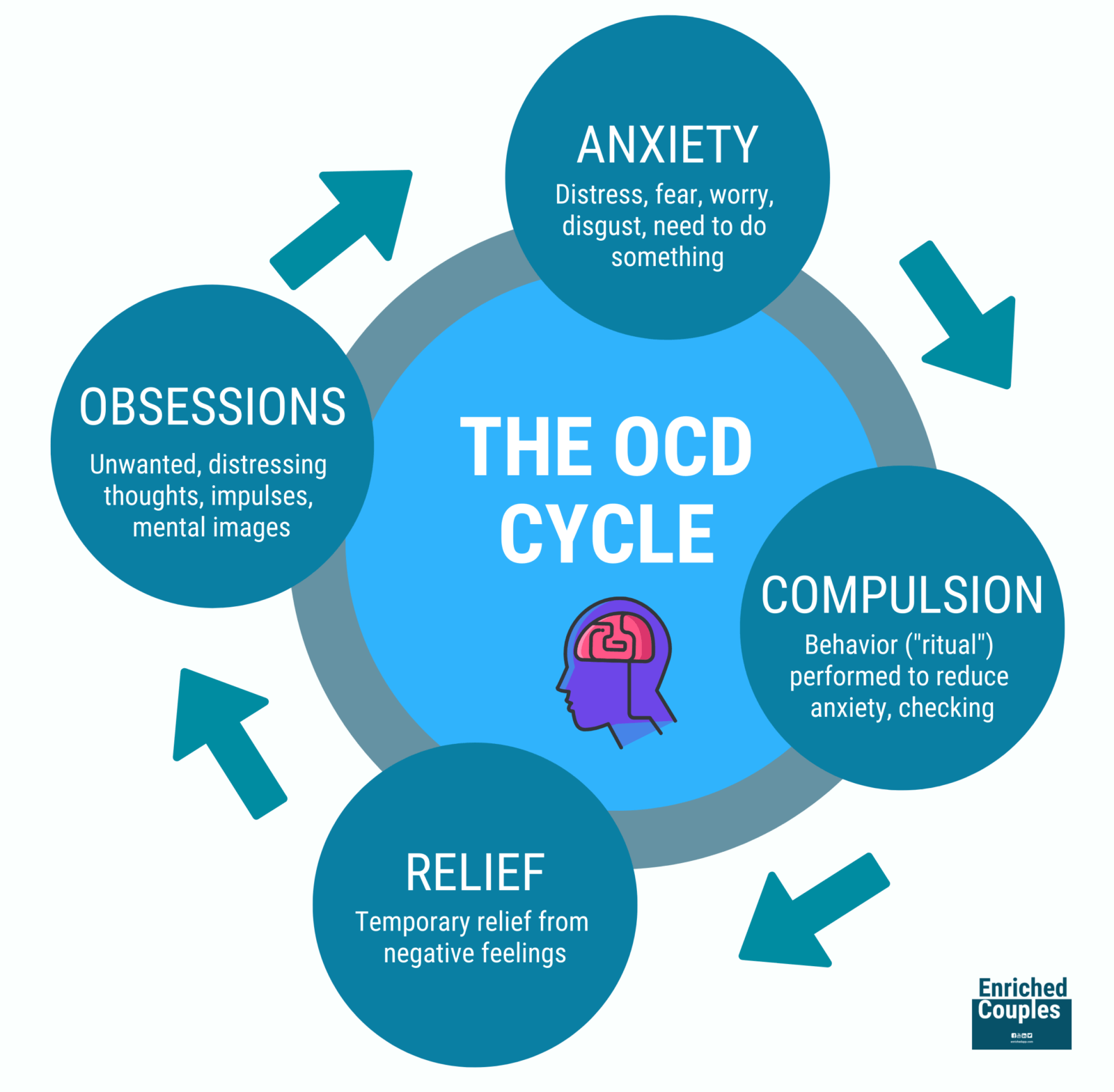
Obsessions and compulsions behave cyclically. Original image by Annette Miller.
Can hypnosis help with OCD?
While there isn’t an easy fix for OCD, it is treatable and recovery is absolutely possible. The most well-known and effective treatment for OCD is called Exposure Response Prevention (ERP). This involves purposely triggering yourself and then learning to respond in a different, more calm way. Essentially, over time, you teach your brain that your triggers aren’t dangerous and can safely be ignored.
Hypnosis is the perfect tool for teaching your brain to react differently to your triggers. You can use hypnosis to practice ERP through visualization and other exercises and program your subconscious mind to view your triggers as safe or “not a threat.”
What happens during a hypnosis session?
A clinical hypnotherapist guides you into a relaxed state, known as a trance, using a number of techniques, such as deep breathing, soothing words, and visualization. In this relaxed state, your thoughts slow down and you become more focused and open to suggestions. Once in a trance, the hypnotherapist guides you through a series of exercises to “rewire” your mind to not fear your triggers, resist your compulsions, and release your obsessions.
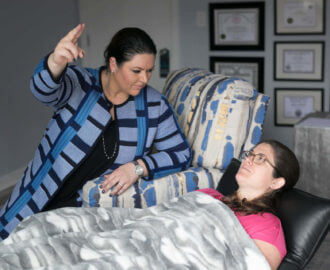
Carla Chalah – Certified Clinical Hypnotherapist and Owner of Hemisphere Hypnotherapy, including trance with a client to relax her body and mind.
Once in a deeply relaxed state, a form of ERP can be applied in which the client “exposes” themself to triggers through their imagination. The combination of imagined exposure with relaxation exercises is very effective. Through this guided process, you can change the way you react to your obsessions.
How can hypnosis help OCD?
Hypnosis can help you overcome OCD by:
- Allowing you to relax and stay in control of your behavior.
- Eliminating the subconscious messages that cause you to act obsessively.
- Making you more aware of your behavior and your ability to control it.
- Reducing co-occurring conditions, such as general anxiety and stress, and insomnia which can worsen OCD.
- Easing symptoms without the use of medications.
Is hypnosis effective for OCD?
Hypnosis can be very effective for OCD. Why? Because it gets to the root cause, which is faulty programming in the subconscious mind. Traditional talk therapy, while helpful, is focused on working with the conscious mind, which is considered to be about 10 percent of the human mind. This ignores the other 90 percent—the subconscious mind—which is responsible for triggering the obsessions and compulsions.
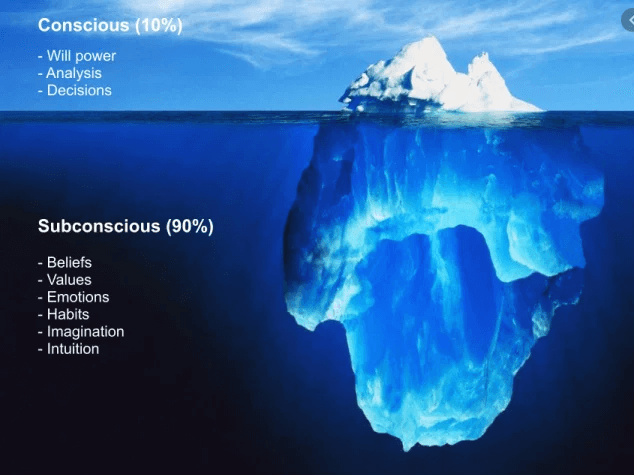
The subconscious is considered 90% off the mind. The conscious mind only constitutes 10%.
Should you try hypnosis for OCD?
Some people have reservations about hypnosis. They fear that they will lose control of their thoughts or actions. This can be a particularly scary notion for people with OCD. While these concerns are understandable considering how hypnosis is portrayed in the media, hypnotherapy is a safe, guided experience and it cannot make you act against your will. In fact, Carla Chalah of Hemisphere Hypnotherapy explains this as actually gaining more control of your mind, since you gain greater access.
Rather, hypnosis helps you build self-awareness and mindfulness to overcome unwanted thoughts and behaviors. As the client, you are always in control and if it gets to be too much, you are free to pause or stop the process.
Hypnosis is safe for people of all ages who are struggling with OCD. Since hypnosis is a gentle treatment without any side effects, it can be used as a complementary therapy to other treatments or a standalone treatment. People of any age who are struggling can consider hypnosis for OCD. There’s truly no harm in trying hypnosis therapy. You have nothing to lose and so much to gain!
Finding a hypnotherapist
Be mindful of selecting an experienced, certified hypnotherapist when searching for a hypnosis practitioner to support you in your OCD recovery. Hypnotherapy should be a calming, corrective experience, so it’s important that you feel comfortable and at ease, with the practitioner, you’re working with.
Carla Chalah is an experienced hypnotherapist and integrative life coach at Hemisphere Hypnotherapy and owner of EveryBody in Mind Wellness Center in Sudbury, Massachusetts. She works in-person, as well as remotely, with clients all over the world. Carla has a passion for helping her clients overcome their struggles and become the best version of themselves.
Don’t let OCD disrupt your life any longer. Carla can help you “rewrite” faulty thought and behavioral patterns that are affecting your well-being. If you’re reading this article, you’re ready for change. Don’t hesitate to contact Hemisphere Hypnotherapy today.
References:
https://adaa.org/understanding-anxiety/obsessive-compulsive-disorder-ocd
https://www.psychiatry.org/patients-families/ocd/what-is-obsessive-compulsive-disorder
https://iocdf.org/about-ocd/ocd-treatment/erp/
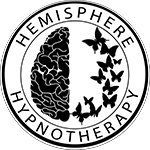
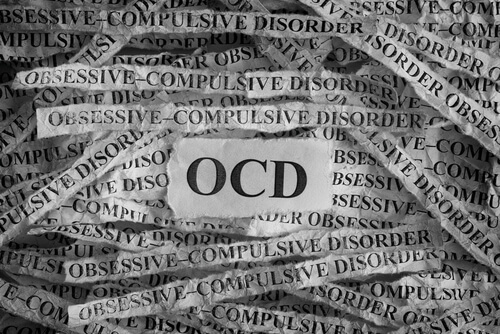
In Massachusetts, hypnotherapy is only covered by a FSA or HSA plan. The other option would be to work with a therapist who is trained in hypnosis who accepts your insurance, but I personally recommend working with a hypnotherapist who specializes in this work.
Is Insurance accepted?? Thanks in advance